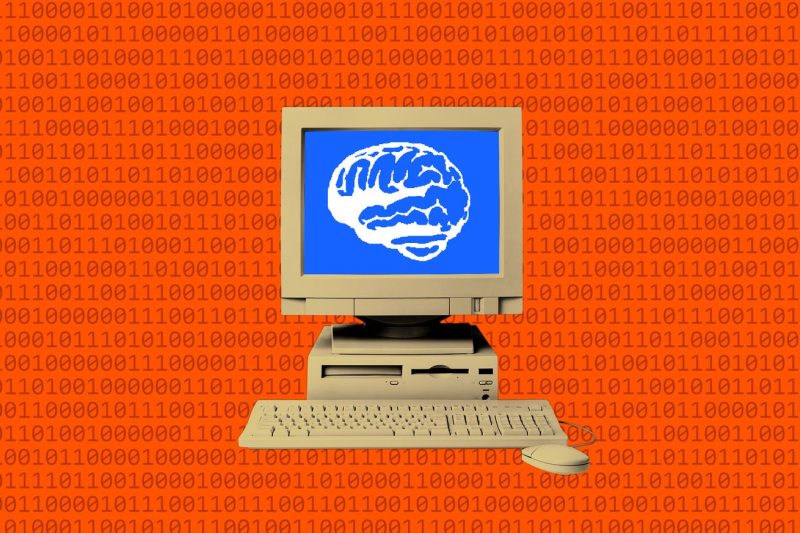In a world dominated by rapid technological advancements, artificial intelligence (AI) has become an integral part of various industries. AI has the potential to revolutionize how we work, live, and interact with the world around us. Now, even small devices like the Raspberry Pi are leveraging the power of AI to offer exciting possibilities.
The Raspberry Pi, a credit-card-sized computer developed by the Raspberry Pi Foundation, was originally designed to promote the teaching of basic computer science in schools. However, its versatility and affordability have made it popular among hobbyists, educators, and tech enthusiasts worldwide. With its low cost and compact size, the Raspberry Pi has found its way into various projects ranging from home automation to robotics.
The integration of AI capabilities into the Raspberry Pi opens up a whole new realm of possibilities. By harnessing the power of AI, users can now build smart devices that can learn, adapt, and make decisions autonomously. This convergence of AI and Raspberry Pi has the potential to democratize AI technology and make it accessible to a broader audience.
One of the key benefits of incorporating AI into the Raspberry Pi is the ability to create intelligent systems that can analyze data and make predictions. For example, users can build AI-powered home security systems that can recognize faces, detect unusual activity, and send alerts in real-time. Similarly, AI-enabled IoT devices can analyze sensor data to optimize energy consumption, improve efficiency, and enhance user experience.
Moreover, AI on the Raspberry Pi can enable advanced image recognition, voice control, natural language processing, and predictive analytics. These capabilities open up a world of possibilities for developing innovative applications in sectors such as healthcare, agriculture, finance, and more. With the Raspberry Pi serving as a platform for experimentation and prototyping, users can explore AI concepts and develop solutions that address real-world challenges.
Enhancing the Raspberry Pi with AI capabilities also presents an exciting opportunity for education and skill development. By integrating AI into projects, students and aspiring developers can gain hands-on experience with AI algorithms, neural networks, machine learning, and deep learning. This practical exposure can help bridge the gap between theoretical knowledge and practical application, fostering a new generation of AI enthusiasts and professionals.
In conclusion, the integration of AI into the Raspberry Pi represents a significant milestone in the evolution of both AI technology and DIY computing. By empowering users to build intelligent systems with AI capabilities, the Raspberry Pi is poised to unlock a new wave of innovation and creativity. Whether you are a hobbyist, student, educator, or entrepreneur, the fusion of AI and Raspberry Pi offers a multitude of opportunities to explore, experiment, and create impactful solutions that shape the future of technology.






















